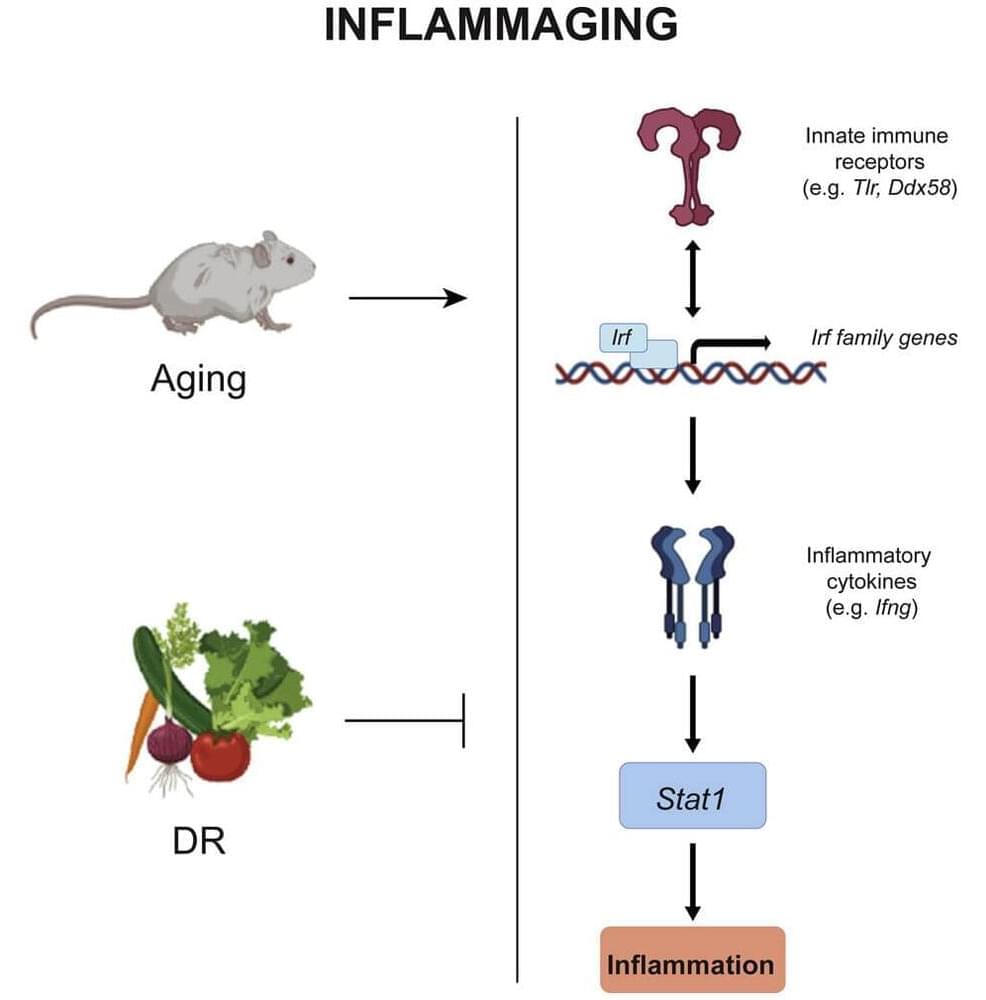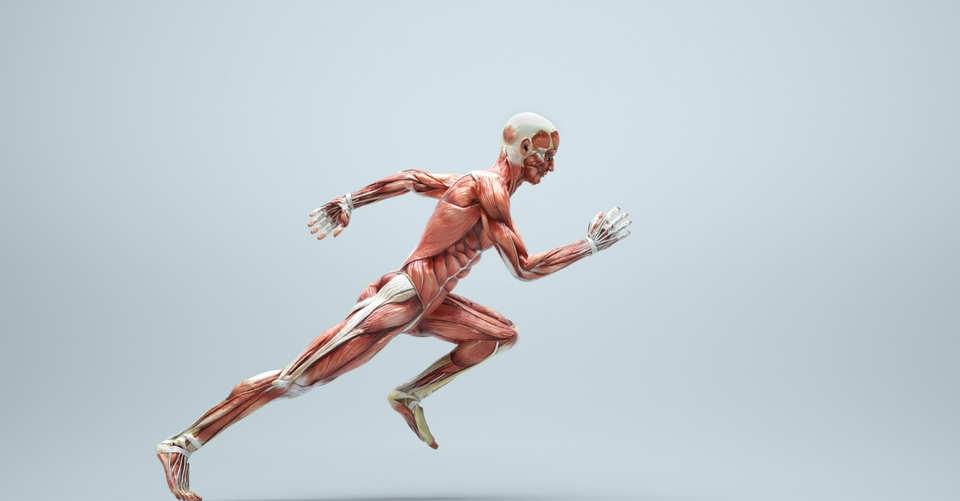Hot on the heels of its €7.4 million raise to accelerate remote medical diagnostics, Certific has announced it is partnering with healthtech startup PocDoc to tackle the world’s biggest killer – cardiovascular disease.
The novel screening will allow patients to remotely monitor blood pressure, BMI and, crucially, quantitative lipid levels through the same user experience. This solution will be rolled out through a number of pilots, in conjunction with the NHS, across the UK, and eventually across Europe and globally.
Longevity. Technology: Heart and circulatory diseases cause a quarter of all deaths in the UK – that’s more than 160,000 deaths each year, or one every three minutes. There are around 7.6 million people living with a heart or circulatory disease in the UK. This costs the country’s National Health Service (NHS) an estimated £7.4 billion per year, with a wider cost to the economy of around £15.8 billion. Early identification of those at highest risk can ensure appropriate treatment, prevent many cases and reduce the strain on the healthcare system.





